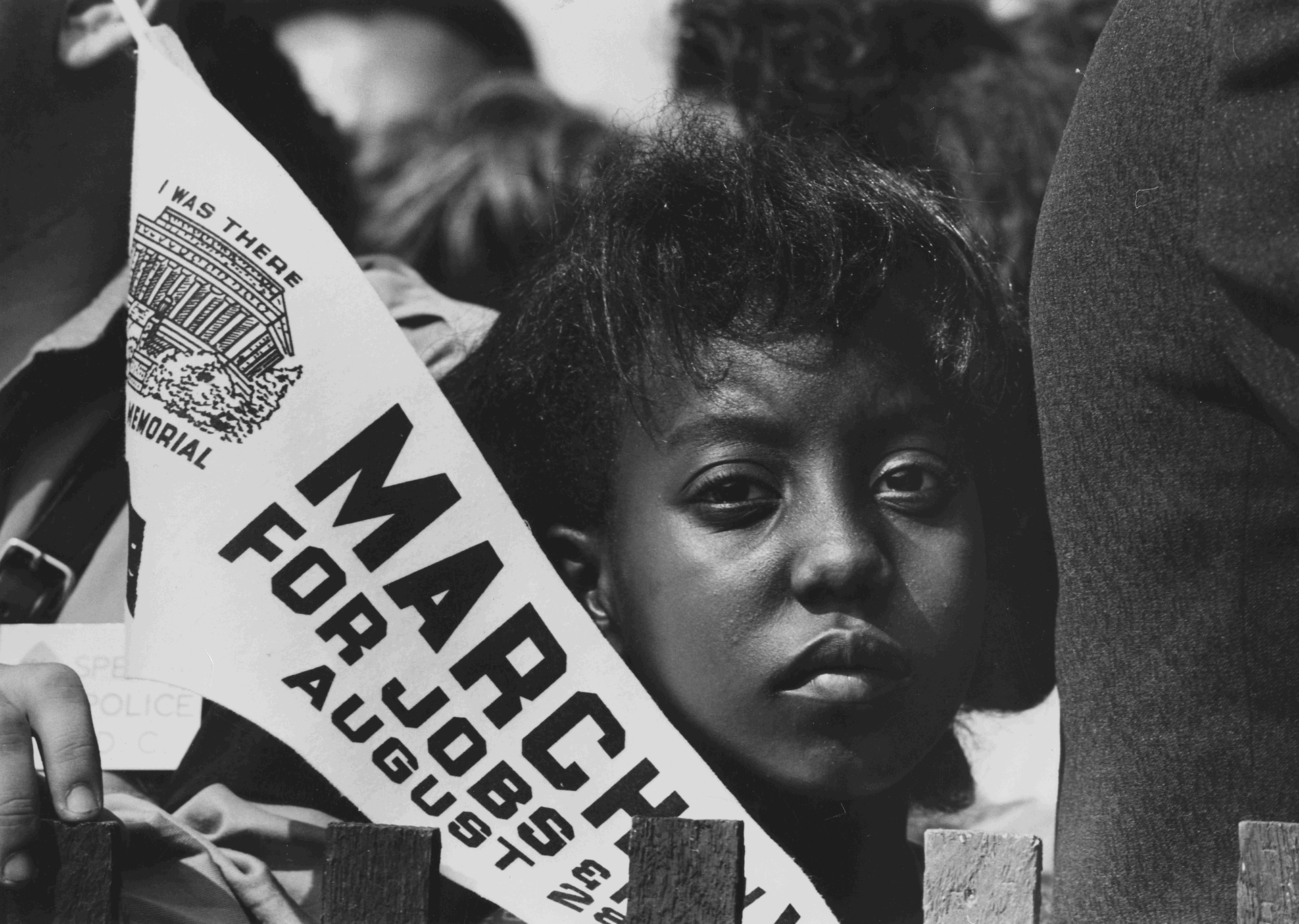Black Americans face a difficult predicament. There has been a recent decline of Black homeownership. From its peak of 49.1 percent in 2004, it fell to 44.9 percent in 2011 (compared to 46.9 percent for Latinos; nearly 59 percent for Asian Americans; and more than 74 percent for Whites), according to diversitydata.org, a research project of Brandeis University’s Institute for Child, Youth and Family Policy. The Black Tax is the greater economic and social cost that society’s ingrained racism forces, black americans to endure. Often the price many Blacks had to pay for home loans was unjustifiably steep. During the last decade study after study has shown that Black homebuyers were basically forced to accept subprime mortgages far more often than whites if they wished to purchase a house. Those mortgages, would have higher interest rates and other costs than conventional, prime mortgages, are used for buyers with substandard credit ratings. Banks and mortgage lending institutions forced these loans upon black buyers. These loans contained higher fees for the lender. Even if the black prospective home buyers qualified for conventional mortgages. The study the federal Department of Housing and Urban Development (HUD) used White, Black, Latino, and Asian-American testers who had the exact same financial credentials found that subtle discrimination in the housing market remains widespread. “Housing Discrimination Against Racial and Ethnic Minorities 2012,” Discusses realtors not showing buyers of color the full arrange of of homes available in their price range. But showing them neighborhoods or streets with predominantly minority populations, and not offering them financial assistance.
UCT
I came across an article the other day about a University of Cape Town (UCT) african american Professor named Elelwani Ramugondo. She has worked at UCT since 1998. She is taking the university to court for hiring a “less qualified” white profesor as their new deputy vice-chancellor for teaching and learning. Ramugondo is supported by the university’s Black Academic Caucus (BAC), which claims the institution disregarded all rules when appointing Professor Lis Lange who is white. Ramugondo told City Press on Friday she was overlooked because of institutional racism at UCT. “I know many casualties to UCT’s institutional racism. I have chosen to stay because I believe that if we confront the problem honestly at UCT, which is a public university that is held in very high regard, it will bode well for all South Africans.”
I found this article particularly interesting due to some of the discussions we had in class. This article demonstrates how racism can still be found in modern institutions. It will be interesting to see what the court finds on whether the racial claims are true. Also if found true what punishment will be forced upon the university and the committee that demonstrated the racism.
